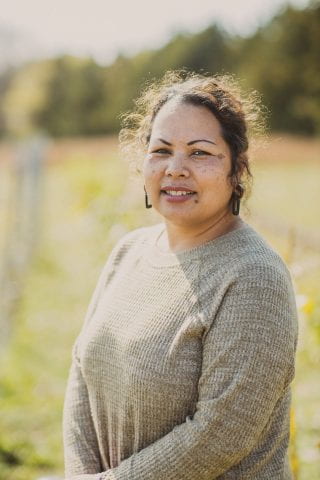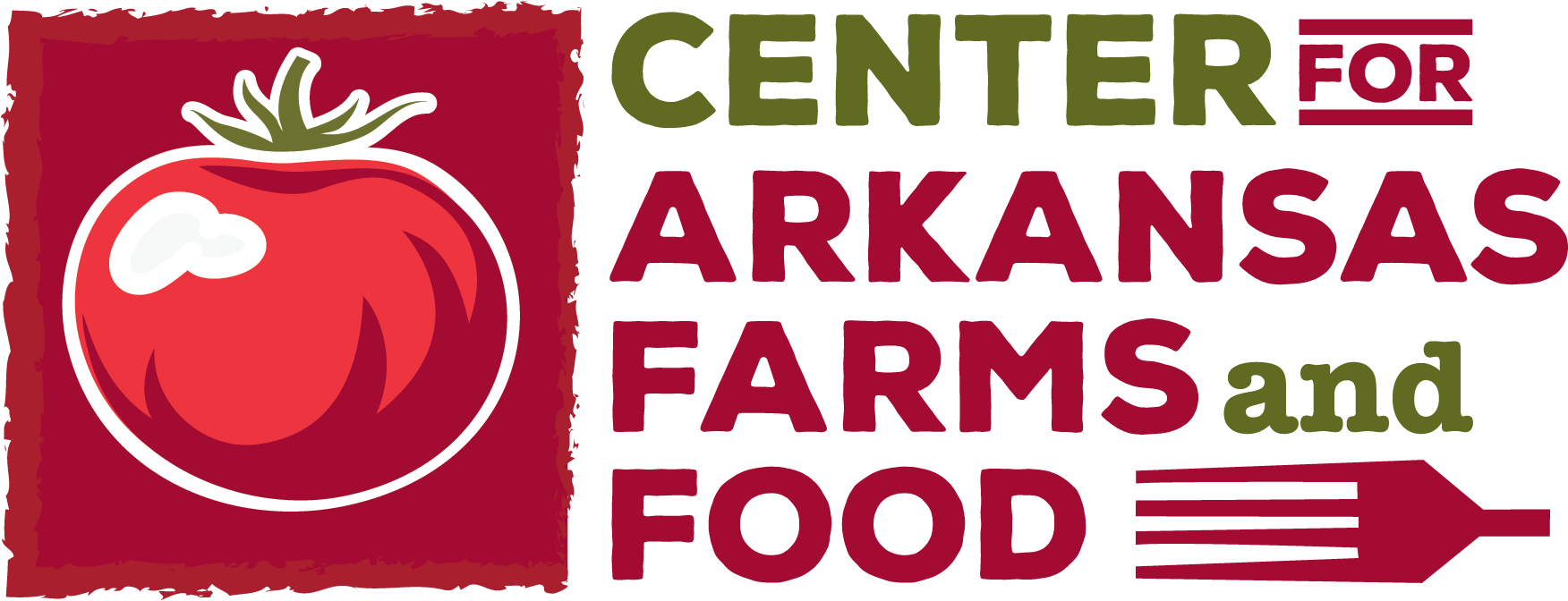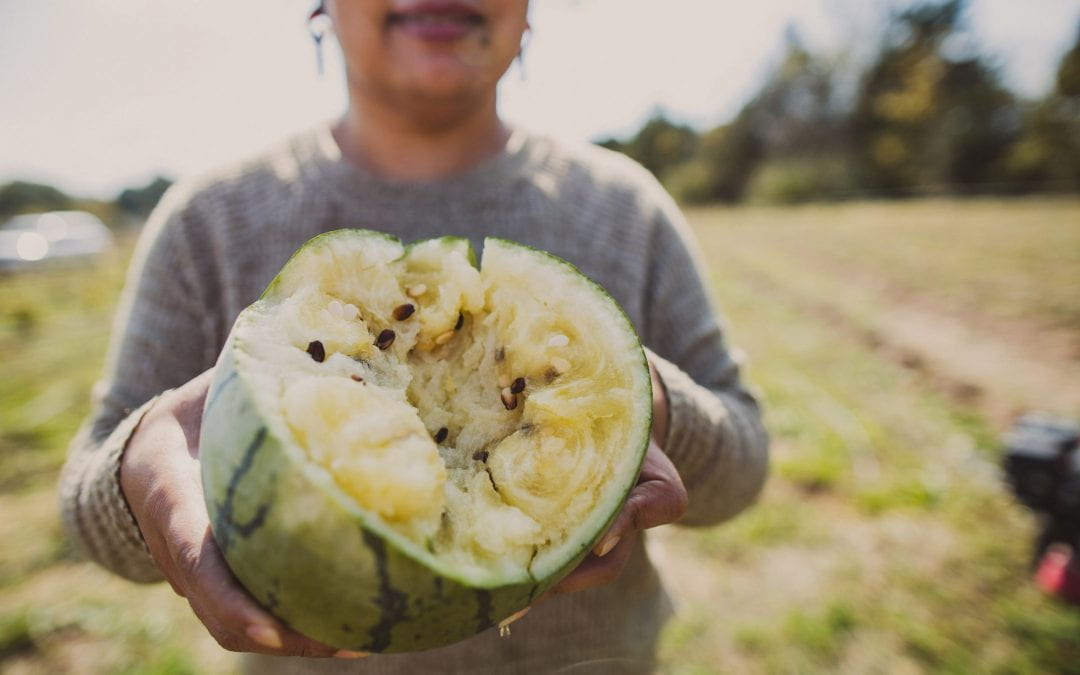Lucy Capelle has a heart for the Marshallese community in northwest Arkansas. She also has fresh organic vegetables for them. Lucy farms a plot of land in Fayetteville and donates much of her abundance. She helps her Marshallese community adapt their traditional diets with local produce and healthier habits. It’s a mission she cares deeply about.

Lucy herself is Marshallese. She understands the cultural differences they experience in their adopted NWA home. Lucy moved to Northwest Arkansas in 2014. While working as a lifestyle coach, Lucy volunteered at the community garden in Springdale and found a passion for growing vegetables. She also discovered something much less pleasant, that she had diabetes.
The disease is common in the Marshallese community. According to the UAMS College of Medicine, the Marshallese have some of the highest documented rates of type 2 diabetes of any population group in the world. Health screenings by UAMS found that 41 percent have diabetes, compared to 9.3 percent of the U.S. population. Northwest Arkansas is home to the largest community of Marshallese in the continental United States. Approximately 15,000 reside in the Springdale area.
 Despite the disease being commonplace in her ethnic group, Lucy is determined to fight for her health. With dietary changes, her blood sugar returned to normal. Inspired by her own success, she decided to help others. Her community gardening passion expanded to farming a quarter of an acre plot at the Cobblestone incubator farm in Fayetteville. Initially, she planned to sell the produce for profit, but she donated most of it to elderly Marshallese. After meeting Lucy, this isn’t surprising. Her compassion for others is evident. As a lifestyle coach, Lucy helped clients learn to cook the vegetables and even garden for themselves. The key was showing her clients ways to integrate the produce into healthy meals with traditional Marshallese ingredients.
Despite the disease being commonplace in her ethnic group, Lucy is determined to fight for her health. With dietary changes, her blood sugar returned to normal. Inspired by her own success, she decided to help others. Her community gardening passion expanded to farming a quarter of an acre plot at the Cobblestone incubator farm in Fayetteville. Initially, she planned to sell the produce for profit, but she donated most of it to elderly Marshallese. After meeting Lucy, this isn’t surprising. Her compassion for others is evident. As a lifestyle coach, Lucy helped clients learn to cook the vegetables and even garden for themselves. The key was showing her clients ways to integrate the produce into healthy meals with traditional Marshallese ingredients.
Many of the vegetables that grow well in northwest Arkansas were unfamiliar to the pacific Islanders. Lucy tackled this by modifying traditional recipes, incorporating the locally grown organic produce from her farm. She introduced her clients to healthy cooking methods for these unfamiliar vegetables using ethnically traditional spices and flavors.
Lucy plans to continue farming in the future. She wants to develop a farm business for profit in addition to her crops for charity. “I’ll always share what I grow,” she says, adding, “Farming is a good thing. You can use what you grow for your family, with extra to help others”.
When asked what she enjoys most about farming, Lucy flashes a brilliant smile and answers, “Putting seed in the ground and getting a harvest.” It’s easy to see that is precisely what Lucy Capelle is doing with her life, as well as on her farm.


Recent Comments